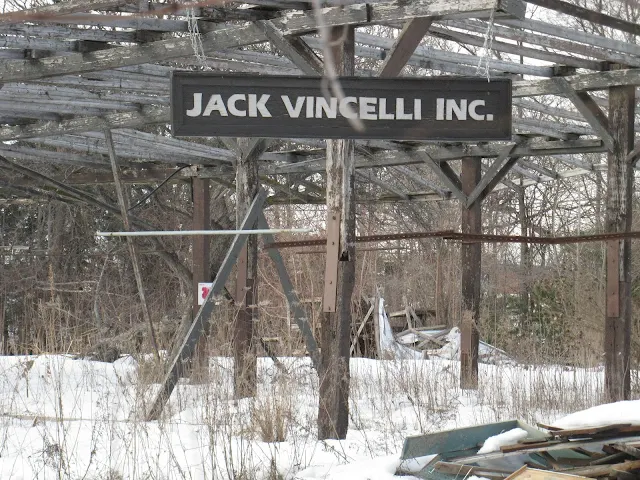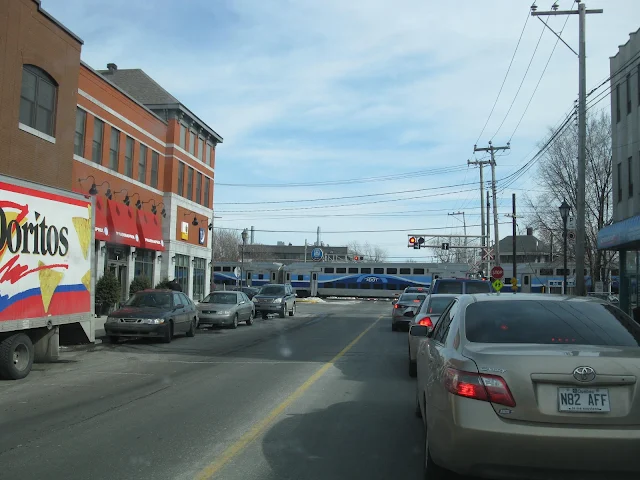Review:
ineffable, The Mystical Poems, (2022)
Edwin
Varney
The
Poem Factory, Courtenay, BC
ISBN:
978-1-895593-57-0
Unpriced;
14 pages
by
Stephen Morrissey
Back
in 1977, I reviewed Edwin
Varney's Human Nature (1974),
published in CV II (Vol. 3, no. 2); it was my first published book review. And here I am, so many years later, reviewing
Edwin Varney's new chapbook, ineffable,
The Mystical Poems (2022). Edwin has published over twenty books and
chapbooks of poetry, and he is well known for his activity in the arts
community, in Canada and internationally, as a poet, visual artist, publisher,
and mail art artist.
In
these poems Edwin writes of having mystical experiences and although these
experiences are ineffable this is exactly what he does, he writes of "that
which cannot be spoken about aloud . . ." Many people have been interested
in mysticism, including myself; it is defined by W. T. Stace as an experience
of the "undifferentiated unity of the universe." Stace's book, The Teachings of the Mystics (1960), which
I read in the early 1970s, is mentioned in the bibliography of ineffable, The Mystical Poems. But read Edwin's poems for a less intellectual
and more immediate description of this experience. Mysticism is a spiritual experience common to all religions; but, ironically, it
is also without the need for the accoutrements of organized religion.
Edwin
uses a format in this chapbook that is similar to several other chapbooks he
published with The Poem Factory, a press that he founded with my wife Carolyn
Zonailo. The format is a running prose statement, or a single sentence, in the
header of the page or several pages, and the poems are placed beneath this header.
This format gives a unity to the book as well as, in this case, a description
of the mystical experience in both prose and poetry; however, in describing a
profound experience, poetry often trumps prose; poetry is the experience, prose
describes the experience. He writes, "Poetry, because of its use of
metaphor, simile, paradox, and generative use of language, is the most
evocative, precise, and highly charged form of communicating these
experiences." (7)
While
this chapbook offers only eight of Edwin's poems, he has notebooks full of
unpublished poems; I have seen his notebooks and diaries lined up on library
shelves in his former Vancouver home, and Carolyn Zonailo edited Solar Eclipse, (The Poem Factory, 1994),
a chapbook of some of these notebook poems. The simple, direct, style in ineffable, The Mystical Poems is the
product of a lifetime of writing and also of a particular type of personality,
one who values truth and authenticity over obscurity, one who values the human
dimension. He writes, "I was there, completely there./ A door opened to
somewhere else/ and I entered into the world."
In
"The Field" Edwin remembers a summer day when he saw a snake shedding
its skin, "leaving behind a dry husk", and this image becomes a metaphor
for his own life; "I too will shed my skin/ and flesh, too soon."
Life is short, it is an experience of chronological time in the timeless cosmic
zone. This poem is about the transience of life and our life in this world, in
which every phase of life—childhood, adolescence, adulthood, old age— is an
incarnation and a gateway to the next incarnation, we shed lives as the snake
sheds his old skin; "There is only the present", he writes, so don't
worry about the future.
Edwin's
poem, "Angel", describes our common spiritual/psychological journey
in life. It is the archetypal fall from innocence into experience, as described
by William Blake, and perfectly expressed, succinctly expressed, in Edwin's
poem. "A man fell from eternity into time.// In another age,/ he might
have been called an angel/ but that was when people/ knew more about these
things." And then life unfolds and one "wandered thru work,/
relationships, money, love/ politics, health, and all the things/ we share as
occupiers of this planet." The final two lines of the poem illuminate the
experience for us; he writes, "When I hit the ground,// I was broken but I
remembered." And what did the narrator remember? He remembered the
eternal, his metaphorical angelic origin, the divine inspiration of nature, and
that while we are in the world we are not necessarily of this world. It is
where ". . . all contradictions vanish,/ a point where love is the only
motive." ("Point of No Return", p. 12)
The
authenticity of Edwin Varney's poems bridges definition and the thing defined; his
work is an achievement of expression, his work is authentic. He writes,
So look
around and listen, be present,
If you look
deep enough inside yourself,
you see the
world.
You will be
at home wherever you are
"Lighthouse
Park", 5-6
ineffable, The Mystical Poems may be ordered
by writing to The Poem Factory, 4426 Island Highway South, Courtenay, BC,
Canada V9N 9T1
Notes:
One
All
poets should know something of mysticism in poetry, whether in Rumi, Rimbaud, Whitman,
William Blake, or other poets who have been "inspired", which means
they have had spirit breathed into them, by God or nature or serendipity.
Poetry can be an expression of a mystical, cosmic, experience; prose rarely is.
Two:
It
benefits poets if they publish chapbooks; with desk top publishing it is very
easy to self-publish, or publish others, at low cost, in editions of any number
you want, and distribute these chapbooks free of charge, or at any price you
want, to other poets in order to keep in touch with our small community of
poets, to build relationships, and share current work. The message is: keep a
dialogue going. It is also more important now than ever to publish in print,
poetry is a print medium, print on paper. Reading on a screen is not the same
as reading something printed on paper.
Three
Two
other books I would add to Edwin's bibliography on mysticism are Colin Wilson's
Poetry and Mysticism (1969) and R.M.
Bucke's Cosmic Consciousnmess (1901).
Colin Wilson writes about individual poets, for instance Wordsworth, and discusses
examples of mystical experience in specific poems. R.M. Bucke describes cosmic consciousness as a
mystical experience that he claims all great poets and artists experience,
including his personal friend Walt Whitman; Bucke's book is a compendium of
poets and artists whose work has been an expression of cosmic consciousness and
how it finds its expression in their creative work. For Bucke this is part of
the evolution of consciousness, moving away from an isolated consciousness to
unity with life, nature, other people, and even the universe. Anyone interested
in this subject might read all of the books Edwin lists in his bibliography.
Four
Another
book, of less importance but still interesting, and not for inclusion in Edwin's
"Selected Bibliography About Mysticism", is Timothy Leary's The Politics of Ecstasy (1998); Leary's
book is about the LSD experience and I mention it because psychedelic drugs
seem to offer some promise for healing psychological problems; psychedelic
pharmaceuticals offer a analogous mystical perception of life, but it is not a
mystical experience.











%2023May1942%20p16%20%5BNewspapers-Com%5D.jpg)
.JPG)
.JPG)
.JPG)
.JPG)



.JPG)
.JPG)













.jpg)



.jpg)








